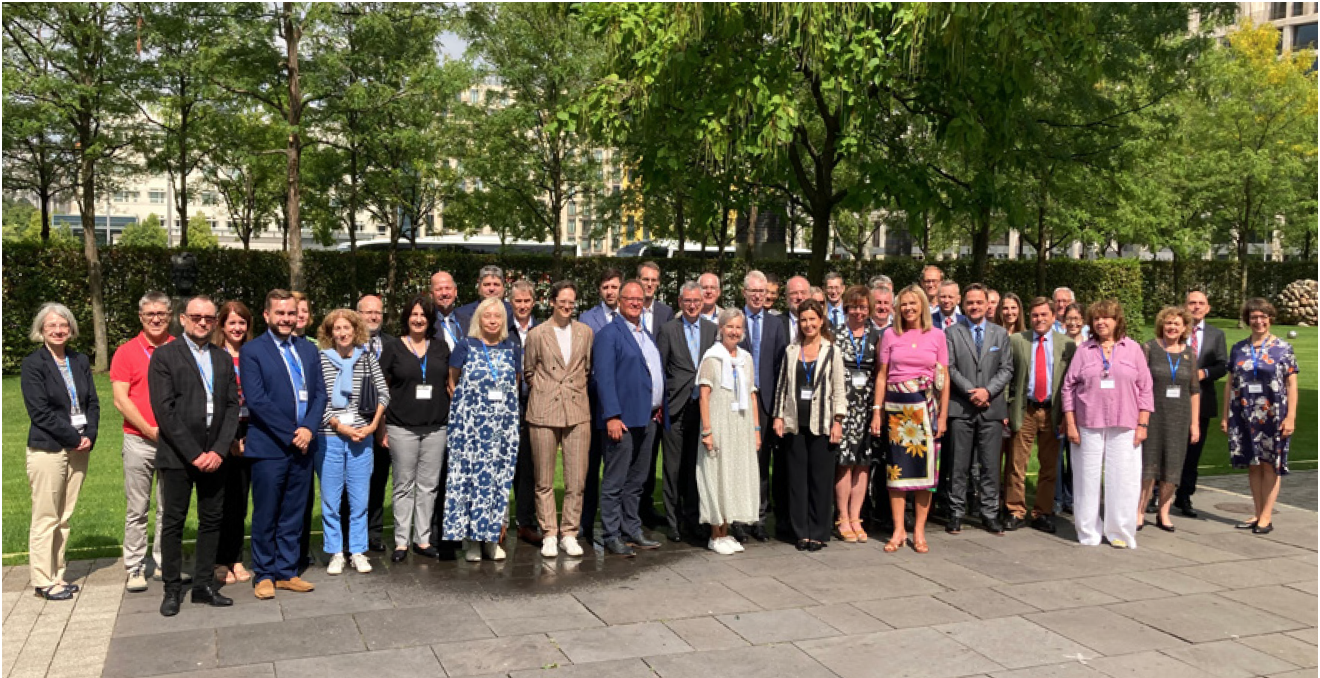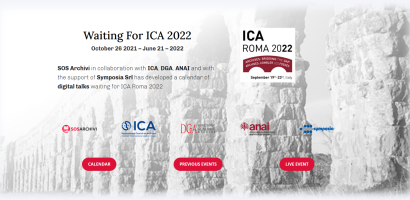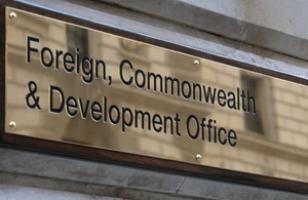
Why is it important to have open access to Holocaust archives?
On this page
- What is open access and why is it important?
- What are some of the common barriers to accessing Holocaust collections?
- How has the IHRA worked so far to open up access to archives?
- What does the “Monitoring Access to Holocaust collections” Project team aim to achieve?
- Why is international cooperation important to advancing open access to archives?
- What are the three most important things people should know about archives and this project?
More than 75 years after the end of the Second World War, it remains difficult to locate and gain access to documentation related to the Holocaust. But ensuring full and open access to Holocaust archives is not a niche issue—it is essential to safeguarding the record of the Holocaust, and creating open and democratic societies.
The IHRA’s Member Countries “share a commitment to throw light on the still obscured shadows of the Holocaust” and have committed to taking “all necessary steps to facilitate the opening of archives in order to ensure that all documents bearing on the Holocaust are available to researchers.”
In line with this urgent responsibility, the IHRA Project on Monitoring Access to Holocaust Collections was launched in 2020. It aims to ensure full and open access to Holocaust collections by increasing awareness, creating a forum for cooperation, and establishing guidelines on archival access for use by archivists and policymakers.
We spoke to former Project Chair, Dr. Haim Gertner, member of the Israeli delegation to IHRA, about why this is so important. Until recently, Dr. Gertner was Director of the Yad Vashem Archives and now serves as Director Yad Vashem’s International Relations Division.
What is open access and why is it important?
The Nazis and their collaborators not only murdered the Jews; they initiated it with an intention to eradicate their civilization from the face of the earth and erase all traces of their existence. So each and every document about Jewish life before, during, and after the Holocaust is extremely valuable.
Open access means providing researchers and the public with the ability to find and use Holocaust-related documentation for commemoration, education, and research purposes. Open access does not precede privacy regulations, but rather encourages archives to implement these prudently where Holocaust documentation is concerned.
What are some of the common barriers to accessing Holocaust collections?
The first obstacle is the lack of a unified definition of “Holocaust-related materials.” Different archives define these in different ways, often in quite a narrow, technical manner.
Additionally, a survey conducted by an IHRA Project team highlighted two further barriers: legal barriers—mainly in the form of privacy protection laws—and physical barriers, such as disorderly collections, lack of search tools, inaccessible archives and more.
How has the IHRA worked so far to open up access to archives?
In 2015, during the first IHRA “Access to Archives” project, the formulation of the GDPR regulations reached its final stages in the European Union. Thanks to the intervention of the project team and all the Member Countries of the IHRA, we were able to add in Recital 158, a directive that gives exceptional status to documentation from the Holocaust period.
While this addition is of course good, it soon became clear that it was not sufficient. There are still quite a few documentation collections that are closed and inaccessible, for legal and other reasons. For this reason, the IHRA set up this follow-up project that started operating in 2020 in order to continue to monitor access to Holocaust documentation.
What does the “Monitoring Access to Holocaust collections” Project team aim to achieve?
We work in two parallel directions. First, we continue to map and locate notable examples of access to Holocaust collections. Additionally, we try to find ways to solve the challenges to access. This is done first and foremost with the help of the “gatekeepers,” the heads of leading archives that hold Holocaust documentation, worldwide. These “gatekeepers” act as partners of the IHRA Project team in defining the challenges and offering solutions.
Why is international cooperation important to advancing open access to archives?
Heads of the individual archives are the best experts. They know their collections better than anyone else. This includes leaders of national and international archival system networks, and leading directors of Holocaust archives/collections, as well as institutions like EBNA (European Board of National Archivists) and ICA (International Council of Archives).
When these experts come together, they draw worldwide attention to this important issue. They also take part in formulating “IHRA Guidelines for Holocaust Collections” and disseminating them to archives in their countries, thus allowing quality in-depth research as a basis for education and commemoration.
What are the three most important things people should know about archives and this project?
- Yad Vashem Archives and the United State Holocaust Memorial Museum Archives represent the archives with the biggest collections of Holocaust-related documentation. Together they hold over 400,000,000 pages of documentation from the Holocaust era.
- The term “Holocaust-related documents” should be defined in an open-ended way, both geographically and chronologically. In terms of time, Holocaust documentation should extend from the end of the First World War through to the period when the last of the Jewish displaced persons (DP) camps were closed, in the mid-1950s. It should include materials related to Holocaust war crimes trials, survivor testimonies about the Holocaust and its aftermath, police records, migration files, person-search files and materials regarding restitution efforts. Victim sources such as testimonies and memoirs can date to this day.
- Since the open-ended definition of “Holocaust-related documents” includes immigration documents after the Second World War, almost every National Archive in the world contains Holocaust-related documents.
Sign up to our newsletter to
receive the latest updates
By signing up to the IHRA newsletter, you agree to our Privacy Policy




